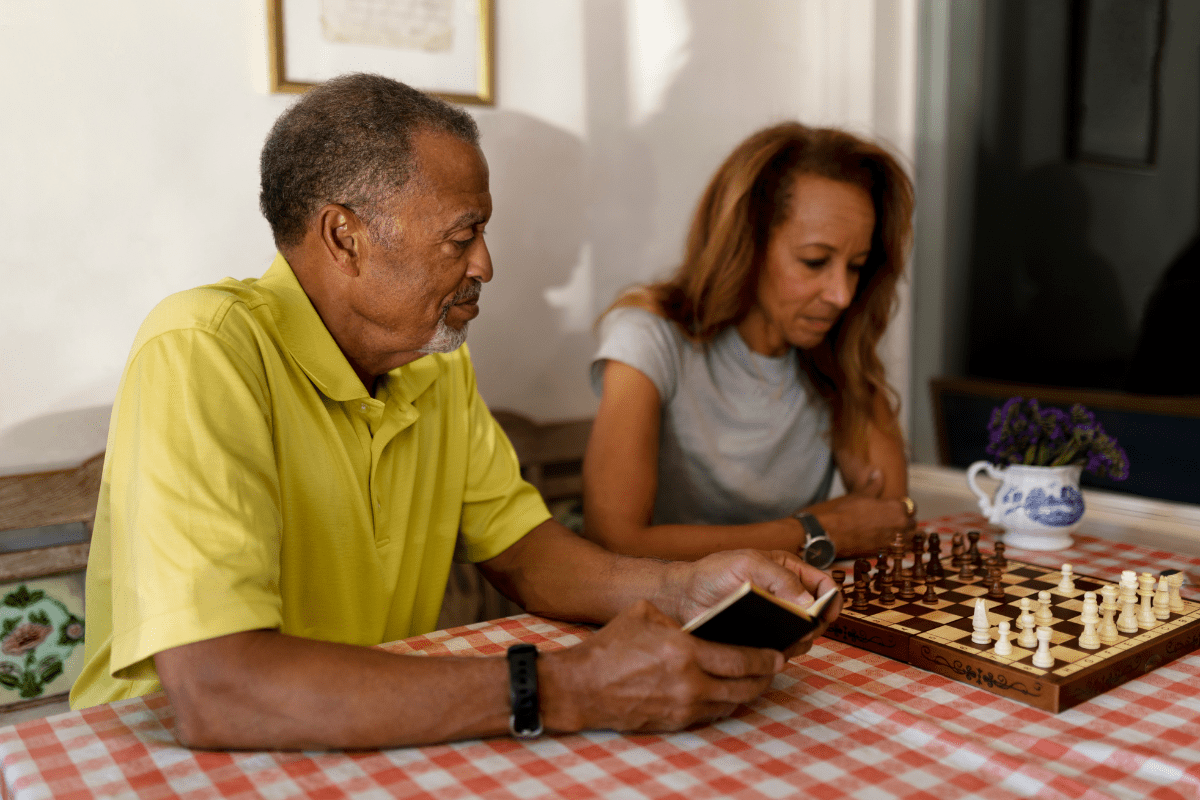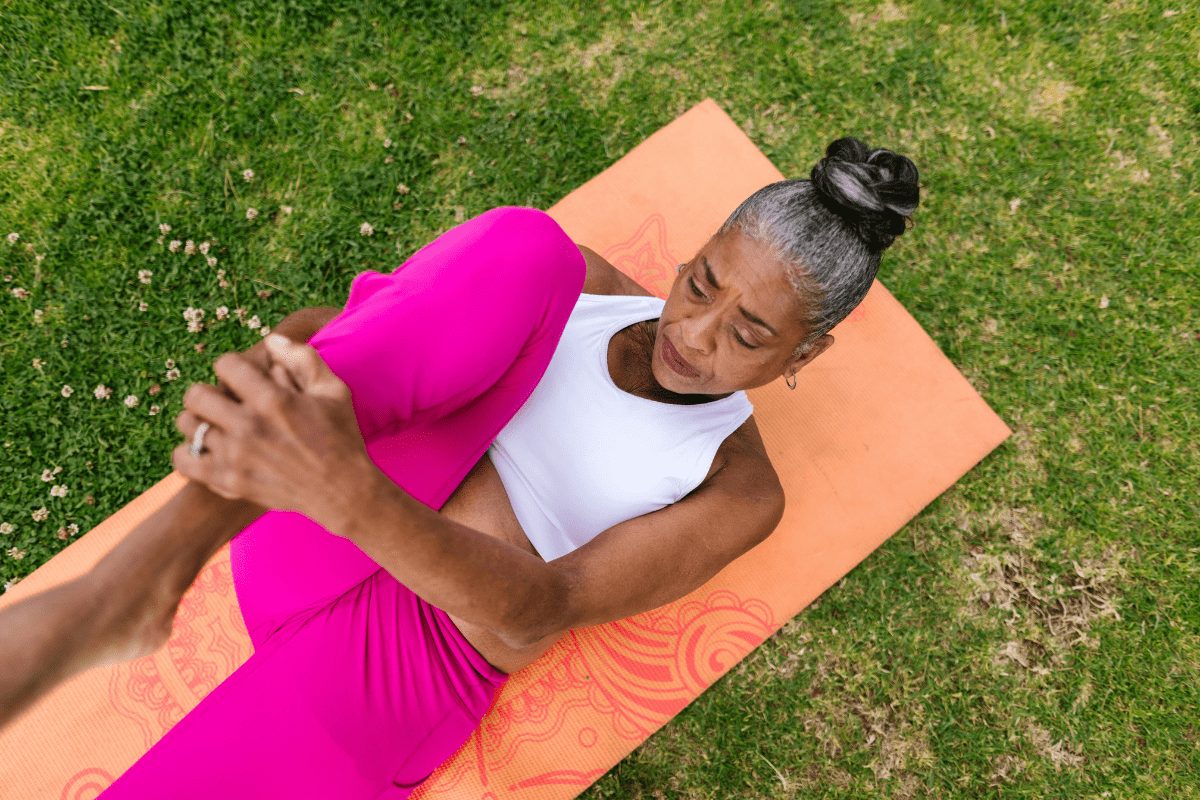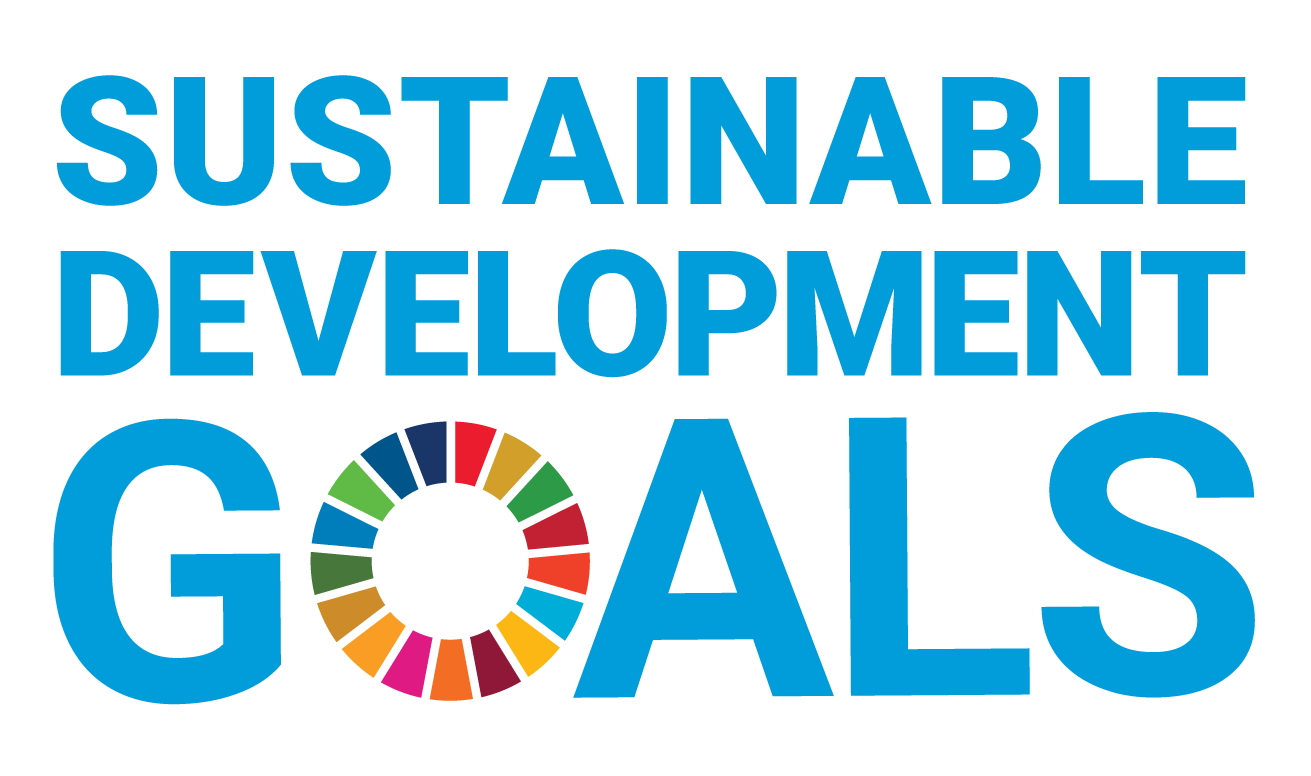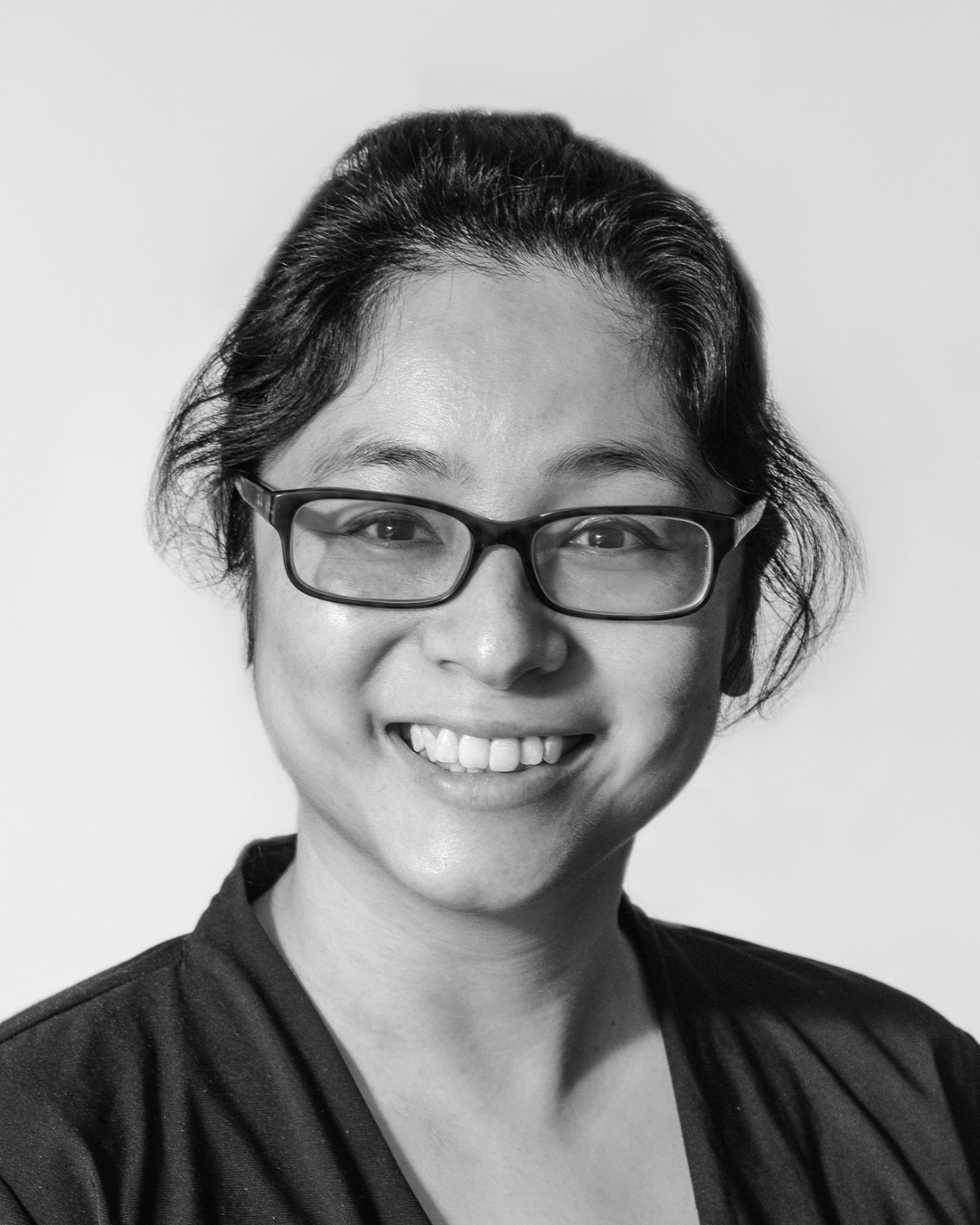You can search for courses, events, people, and anything else.
An exhibition in Parramatta about brain health run by Western’s Brain Health Hub.
Dr Joyce Siette is on a mission to promote healthier brain ageing. Two years ago, through the 'Brain Bootcamp' programme that she initiated, Siette helped to deliver free care packages to hundreds of seniors across the Sydney area.
Each box contained personalised health information, educational booklets, brainteaser exercises, and step-counters — all aimed at modifying behaviour in small ways to keep minds active and reduce the risk of developing dementia.
"We saw incredible improvements," says Siette, who is a research theme fellow in health and wellbeing at Western Sydney University, and head of the Brain Health Hub at the University’s MARCS Institute for Brain, Behaviour and Development.
Most of the people aged over 65 who received the packages showed a heightened awareness of their risk factors, and a lower susceptibility to age-associated cognitive problems. But the benefits were not universally realised. Among people from immigrant or refugee backgrounds, many encountered linguistic and cultural challenges in implementing the programme’s recommendations. People from these communities also tended to have poorer dementia knowledge, on average, than their Australian-born counterparts. "We were not effectively reaching all the people that we needed to," says Siette.
It was an eye-opener for her. "That made me wonder how we can help these culturally diverse communities improve their health literacy and provide them with strategies for dementia prevention that address their needs."
Need to know
- Seniors belonging to culturally and linguistically diverse groups often do not receive appropriate support in dementia risk-reduction initiatives.
- Western’s Joyce Siette is seeking to change this by running a brain health awareness campaign in western Sydney.
"We saw incredible improvements."
Siette and her colleagues published a policy paper in the Australasian Journal on Ageing in 2022, which highlighted gaps in dementia research about seniors belonging to culturally and linguistically diverse populations. The researchers outlined a series of strategic approaches to combat language disparities and other cultural barriers in dementia risk-reduction initiatives.
Following this — with funding from both the Australian Association of Gerontology (AAG) Research Trust and Dementia Australia — her team developed a smartphone app to support healthy ageing among Chinese-speaking older adults. Siette presented a prototype of the digital tool at the Australian Association of Gerontology’s annual conference in November 2023.
She also secured a substantial three-year grant from the National Health and Medical Research Council of Australia, specifically aimed at designing a brain health awareness campaign tailored to the multicultural needs of western Sydney, an epicentre of Australia’s migrant communities, where a language other than English is spoken in the majority of homes.
The project focuses particularly on the Arabic, Chinese and Vietnamese communities. It will entail pop-up outreach events in shopping centres and other public spaces, where individuals will be encouraged to acquire skills aimed at preventing dementia.
These events will feature interactive activities, art installations, hands-on educational materials and more; it will provide people with an opportunity to actively participate using their own languages, and with guidance geared toward culturally appropriate lifestyle changes. Healthy food advice, for example, will be based on ethnic cuisines. Social networking suggestions will take into account cultural norms and preferences.
The goal, explains Siette, is to empower people in these communities with the knowledge and tools needed to pursue healthy brain ageing, while celebrating their diverse cultural backgrounds.
The project should go a long way toward addressing stigma around dementia in these communities and the dearth of adequate messaging around brain health for most non-English speakers, says Professor Lee-Fay Low, an epidemiologist at the University of Sydney who is collaborating with Siette.
Siette’s pioneering work is bridging these gaps, adds Low, who says that working closely with diverse communities will ensure "that the dementia-risk-reduction message gets through."
Meet the Academic | Dr Joyce Siette
Dr Joyce Siette is a health services researcher dedicated to mitigating dementia risk and cognitive impairment through innovative public health strategies. She has more than 65 publications and leads 10 research programs on effective brain health lifestyles, such as sustained physical activity and social connections, for rural and culturally diverse communities.
As a Research Theme Fellow at Western Sydney University, Dr Siette explores into how digital health and health informatics can support healthy brain ageing. She is the Co-Chair for the Australian Association of Gerontology NSW Division and serves as Associate Editor for multiple journals including Australasian Journal on Ageing, BMC Geriatrics and Frontiers in Psychiatry.
Recognised with multiple awards, including the 2021 Future of Ageing Award and the 2023 Vice Chancellor’s Excellence Award for Excellence as an Early Career Researcher, Dr Siette continues to drive innovation in ageing research.
Credit
Future-Makers is published for Western Sydney University by Nature Research Custom Media, part of Springer Nature.
© RDNE Stock project/Pexels
© Freepik






